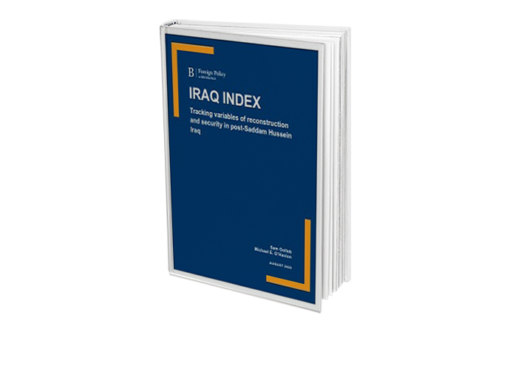This paper aims to show that Iraq’s high population growth is posing a serious problem for its economic development. Its high population growth is driven by a high fertility rate caused by a number of unfavorable socioeconomic conditions that need to be addressed urgently. The population growth is not uniform across the country, and steps should be taken to reinforce the trend where it is low, and to lower it where it is high. Finally, Iraq must urgently apply policies and build apparatus to deal with its high fertility rate and curb its runaway population growth.
“Population growth refers to the increase in the number of inhabitants of a given place. Regional and national trends in population are vital to policymakers when preparing for the various development effect of anticipated population change. Awareness of different size of different age group within the population is particularly critical to policymaking”. (1)
A brief world view of population increases
The world population increased at 1.8 percent per year between 1955 and 1975, peaking to 2.1 percent between 1965 and 1970.The growth rate declined to 1.2 percent between 2010 and 2015 and is projected to decline further in the course of the 21st century. In absolute numbers, however, the world population has increased at about 139 million and 135 million annually between 1980 and 2011. (2) The fall was attributed mainly to the declining population growth rate in the most populated countries, namely, China, India, Brazil, Indonesia, and Mexico, which together made up 70 per cent of world population in 1990s. In the Middle East and North African countries, despite a significant increase in the size of the population, the annual rate of population growth has slowed, from 2.82 per cent during 1970-2000, to 2.28 percent during 2000-2015. This rate, however, is still higher than the global average of 1.7 and 1.43 percent for developing countries respectively in the two periods mentioned. (3)
To continue reading click on following link
Zaki Fattah-Population April 21-eidted

Dr. Zeki Fattah is consultant/advisor in economic development in the Middle Eastern countries. He directed the Economic Development Program in the United Nations Commission (ESCWA), the Program for Economic Analysis, the program for Globalization, and the Program for Sectoral Economics. He headed ESCWA/UNIDO Science and Technology Program for the Middle East. He was Advisor in the Economic Research Forum (ERF) for the Middle East and North African countries (MENA), and lectured in economic development to graduate students at the American University in Beirut (AUB). He has PH. D in economics from the University of Oxford.







Comment here